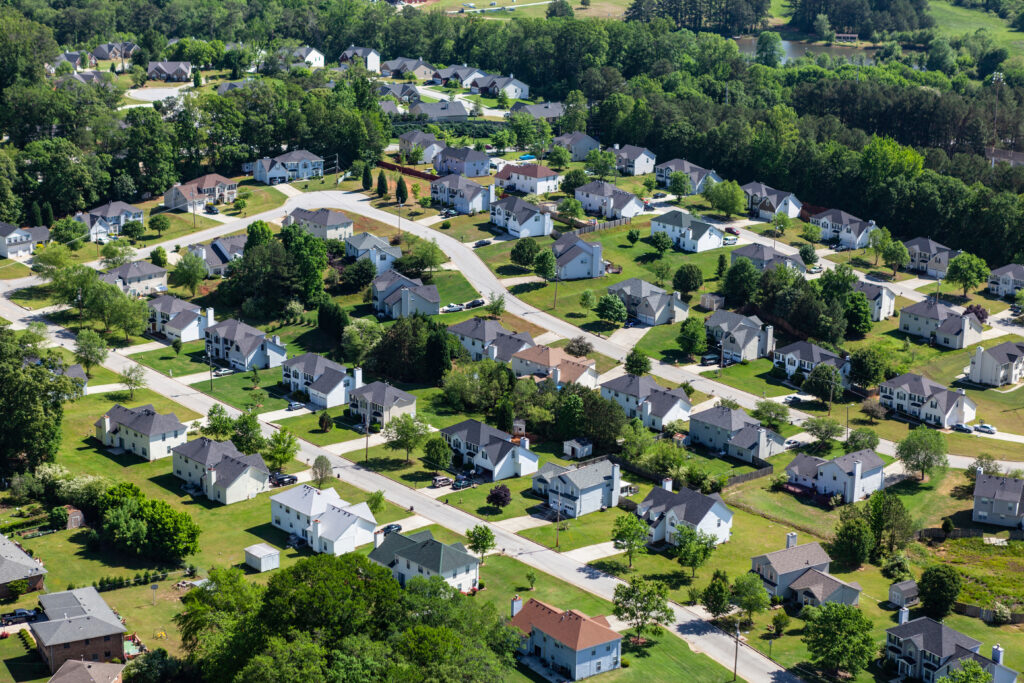
Empowering Atlanta’s Housing Future
Atlanta faces significant housing challenges that disproportionately impact underserved communities, particularly communities of color. Rising housing costs and limited access to financial resources have created barriers to homeownership, with Black families experiencing a 50% lower homeownership rate compared to white families due to historical lending practices and lack of targeted... Read more
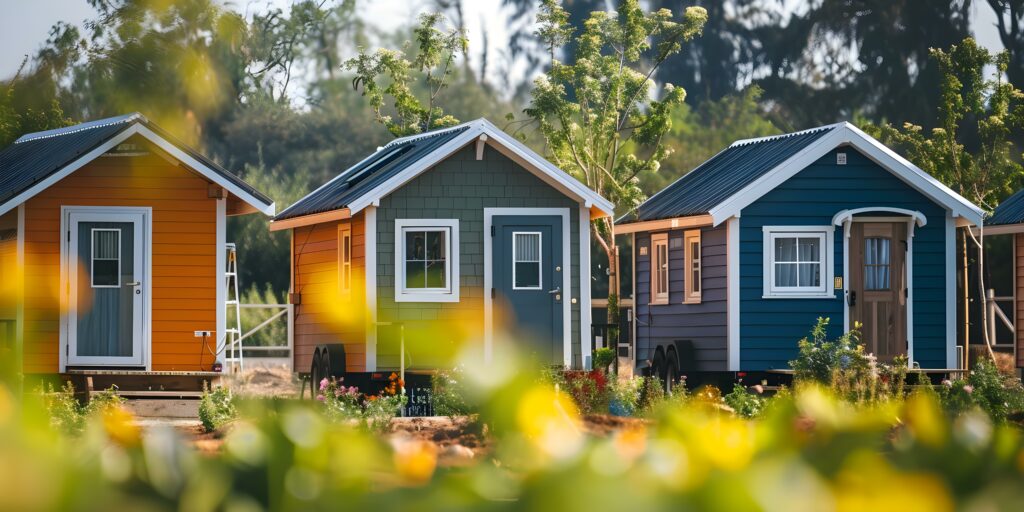
Catalyzing Bold, Inclusive Affordable Housing Expansion
Albuquerque reflects New Mexico’s remarkable diversity, with nearly 80% of residents identifying as people of color and 10% as people who immigrated. However, residents face significant housing challenges, with single-family home prices increasing 8% last year and nearly 300% over the past generation—far outpacing wage growth. More than one-third of... Read more

Expanding Solar Energy Access for Low-Income Communities
Phoenix experiences approximately 300 days of sunshine annually, making it one of the most solar-friendly climates in the country. However, many low and middle-income households, particularly in economically disadvantaged communities, face high utility costs due to outdated home infrastructure and limited access to renewable energy solutions. These communities are disproportionately... Read more
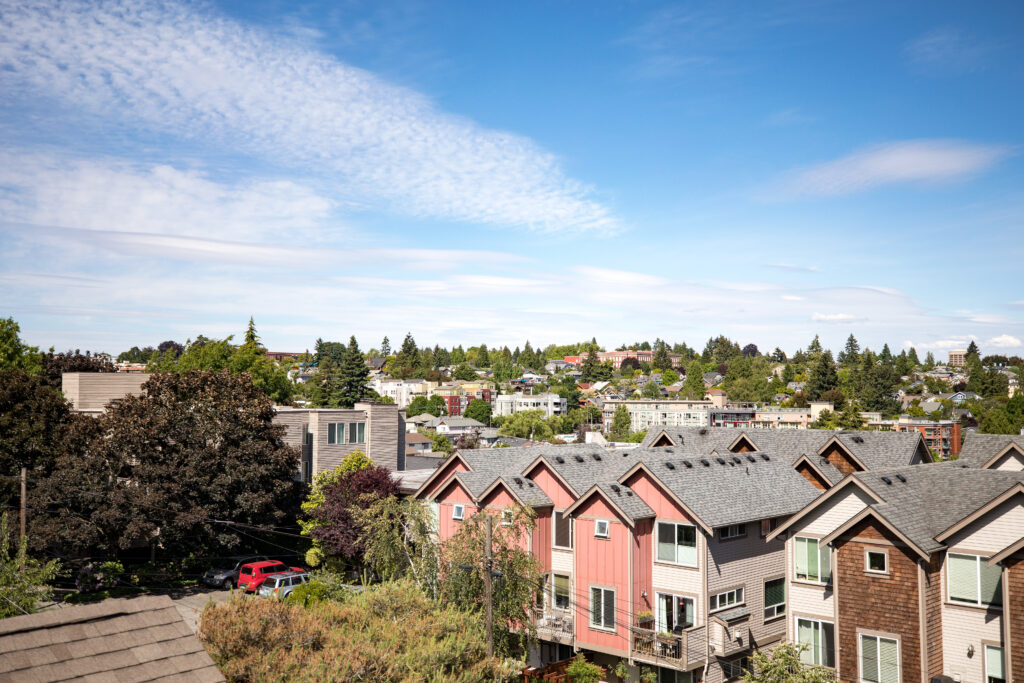
Home Ownership as Preservation (HOP)
Seattle has experienced dramatic growth over the past decade, becoming one of the fastest-growing large cities in the United States. While this growth presents economic opportunities, rapidly increasing rents and home prices have displaced low-income families to less expensive areas further from the city. The City has recognized that historically... Read more
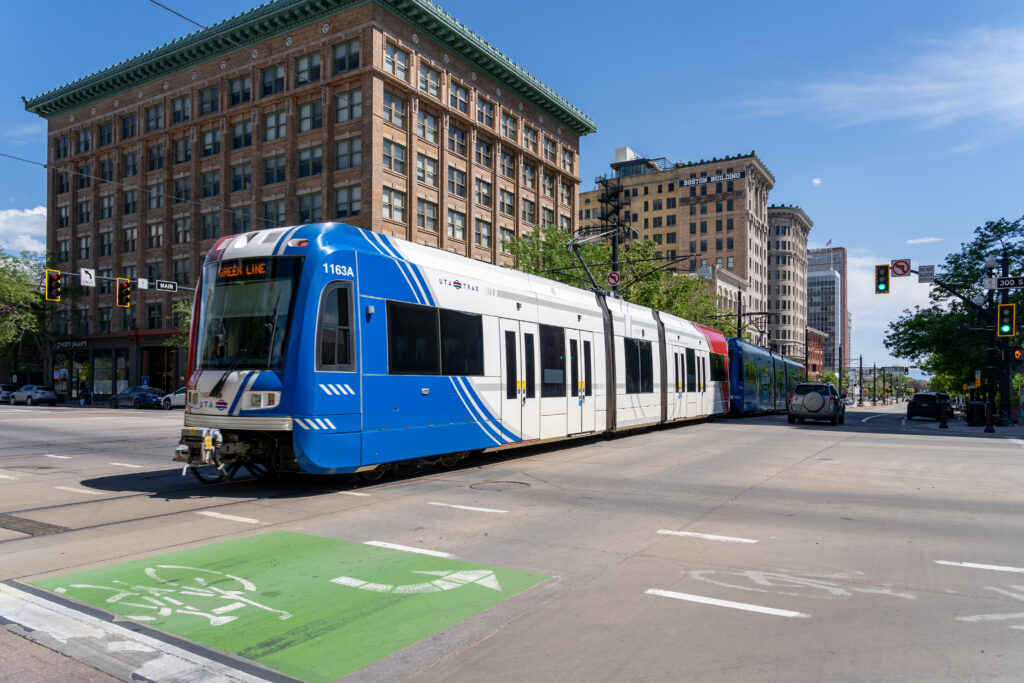
Operationalizing the Citywide Transportation Plan
City-wide transportation plans are critical for promoting equal opportunity and improving residents' lives by prioritizing accessibility, resource allocation, health, and community engagement. In Salt Lake City, transportation infrastructure has historically created uneven access to opportunity, with underserved communities, particularly those with high concentrations of populations of color, experiencing inadequate access... Read more
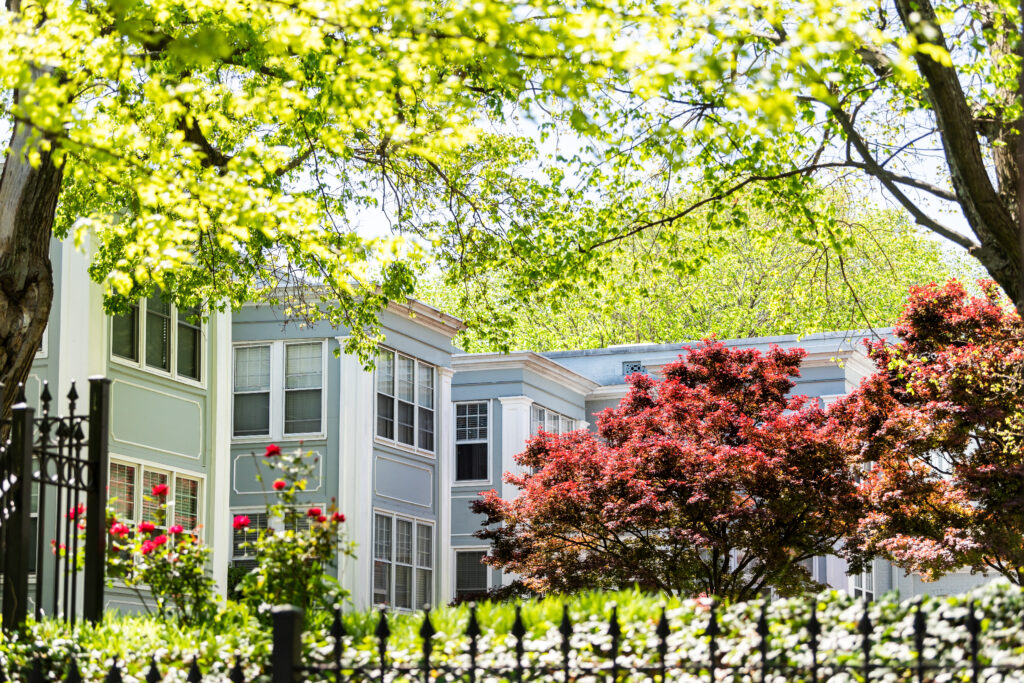
Closing the Racial Wealth Gap through Neighborhood Wealth-Building and Revitalization
Atlanta faces one of the largest wealth disparities in the country, with stark differences in wealth levels between different demographic groups. This wealth gap is most evident in predominantly Black neighborhoods where residents have limited access to wealth-building resources such as capital for small businesses, neighborhood-serving retail, and local employment... Read more

Closing the Racial Wealth Gap in Multi-Racial Communities
New Mexico is one of the most diverse states in the country, and Albuquerque reflects this diversity with particularly large Indigenous and Latino populations, as well as significant Black and Asian communities whose numbers are growing. The Office of Equity and Inclusion (OEI) works to reduce barriers to opportunity and... Read more
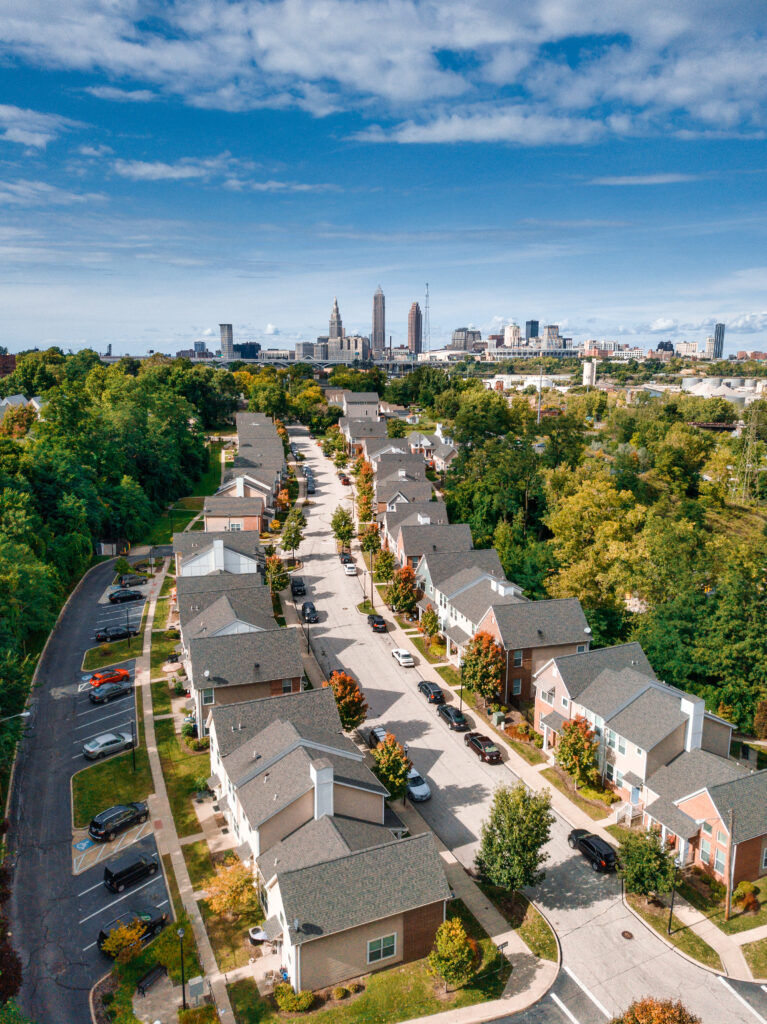
Expanding Access to Resources and Capital for Equitable Home Ownership
Cleveland faces significant housing challenges rooted in historical patterns of disinvestment that have disproportionately impacted low to moderate-income residents and underserved communities. The city's aging housing stock requires significant repairs in many cases, while neighborhoods that have historically experienced underinvestment, particularly on the East side, are now dealing with rising... Read more
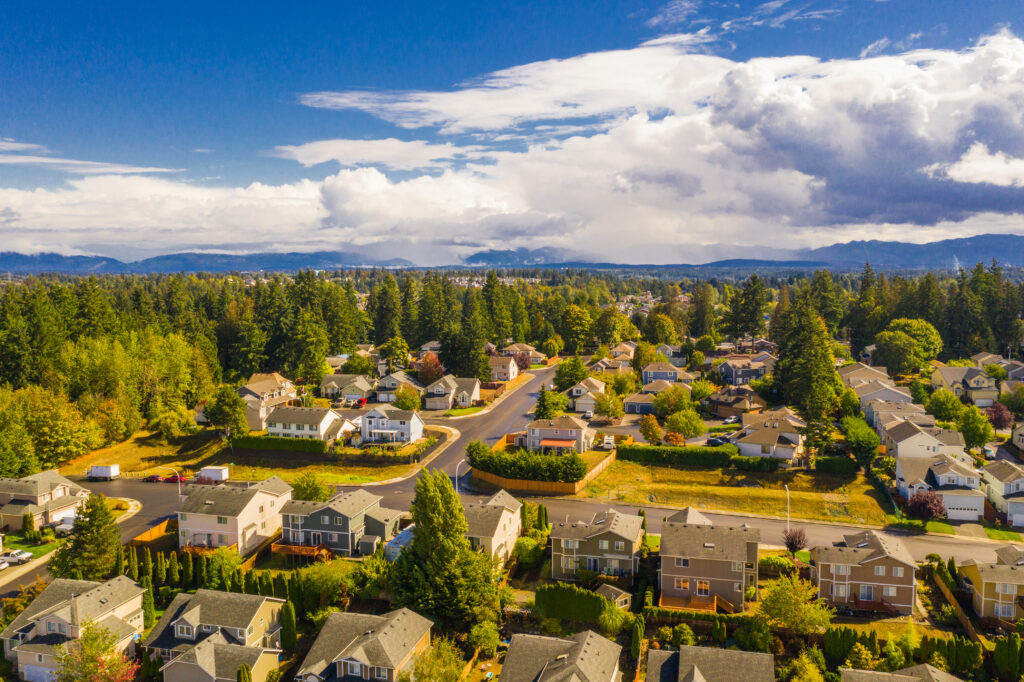
Preventing Displacement and Investing in Resilience
Seattle faces significant housing challenges stemming from its rapid growth and strong economy, which have made it an attractive place to settle but have also created displacement pressures for many families, especially historically underrepresented households. The Office of Planning and Community Development (OPCD) has a clear vision for inclusive, resilient... Read more

Water Management Energy Efficiency
Durham, North Carolina is addressing significant challenges in water and energy management as part of its broader commitment to infrastructure modernization and carbon neutrality. Despite the city's economic growth and median household income of nearly $60,000, Durham faces economic disparities with a poverty rate of 15.2%. National studies show that... Read more
